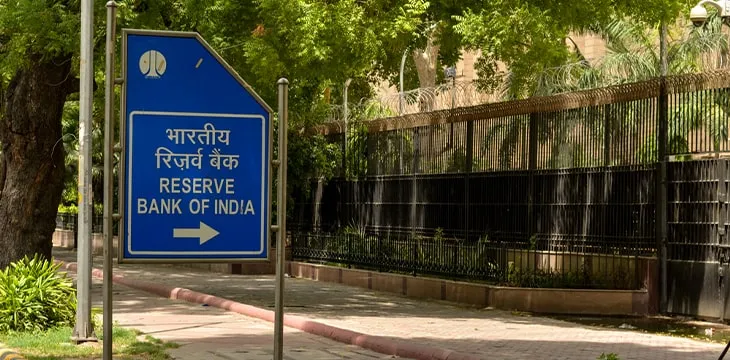|
Getting your Trinity Audio player ready...
|
Digital currencies could lead to a high dollarization rate in the Indian economy, which could be detrimental to the country’s sovereign interests, the Reserve Bank of India (RBI) has warned.
RBI officials appeared before the Parliamentary Standing Committee on Finance to discuss digital assets, their effect on the economy, and what they believe is the best way forward for the Asian economic giant. And as the Economic Times reports, they had nothing good to say about BTC.
“Almost all cryptocurrencies are dollar-denominated and issued by foreign private entities. It may eventually lead to dollarization of a part of our economy which will be against the country’s sovereign interest,” the officials, including Governor Shaktikanta Das, told parliament.
Currently, India’s real GDP stands at $2.66 trillion, the eighth largest globally after recently overtaking France and the third-largest in Asia after China and Japan.
According to studies, the number of Indians who own digital assets stands at 15-20 million, with the collective holding worth $5.34 billion. Clearly, it will take a while before digital currency owners can dent the overall economy, but this hasn’t stopped the RBI from repeatedly trying to stifle the nascent industry.
It’s not just the dollarization of the economy that RBI is concerned about. The central bank cautioned against the effect that digital currencies could have on its ability to dictate monetary policy.
“It will seriously undermine the RBI’s capacity to determine monetary policy and regulate the monetary system of the country,” the official stated.
They added that digital assets can be used as a medium of exchange and could replace the rupee, at least partially, in transactions both domestic and foreign and that they could “replace a part of monetary system [which] will also undermine the RBI’s capacity to regulate the flow of money in the system.”
As with many of its peers, RBI claimed that digital currencies are linked to vices such as money laundering, terror financing, and drug trafficking. This is a slight misrepresentation that every other Bitcoin skeptic has hung onto for the past decade despite data showing that crime makes up a tiny fraction of the overall transactions and has been reducing for years. However, there is still some bad actors washing illicit funds in the crypto currency networks that need to be cleaned up.
A recent Chainalysis report showed that crime only made up 0.15% of all new digital currency transactions in 2021, accounting for $14 billion. This was just a quarter of the 2020 ratio and an incredible 22 times lower than in 2019.
And even with this figure, it was scams and rug pulls within the digital asset industry, and especially in DeFi, that contributed the highest figures, contrary to a perception prevalent with regulators and traditional finance that criminals are using Bitcoin to pay for drugs and launder money.
Also on the list of the RBI’s concerns against BTC was that adoption could negatively impact the banking system. With digital assets being “an attractive asset,” more Indians might be tempted to take their money off the banking system and buy them. This would result in banks having fewer resources to lend and could have a far-reaching effect on the growth of the Indian economy, which the IMF projects will record 8.2% growth this year, making it the fastest-growing major economy.
The RBI has never been a fan of digital currencies, and it has been very open with its opposition. It has previously barred banks from working with digital asset companies and proposed a blanket ban on the industry.
Just earlier this year, the RBI deputy governor claimed that digital currencies are just like Ponzi schemes, have no intrinsic value, and banning them is the best course of action.
And as the Indian Bitcoin community contends with the RBI’s antagonism, it now has additional taxes to pay in what some say is a move by the government to kill the industry slowly.
Watch: CoinGeek New York presentation, Increasing Footprints of BSV Blockchain in Middle East & South Asia

 07-16-2025
07-16-2025 





